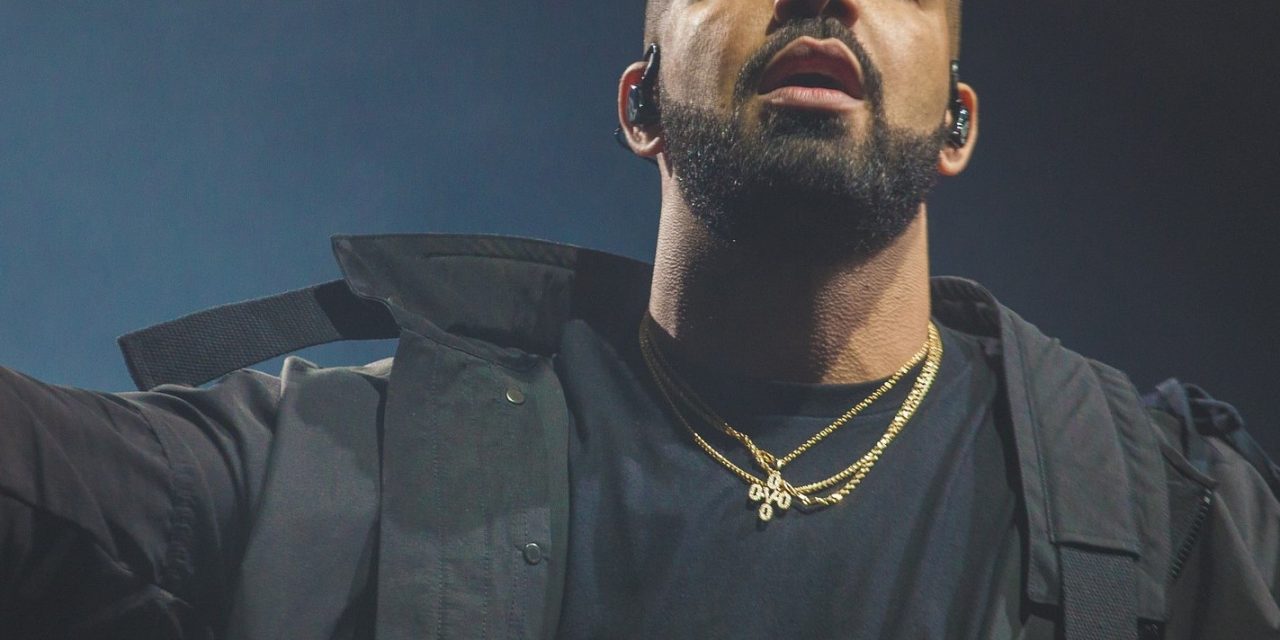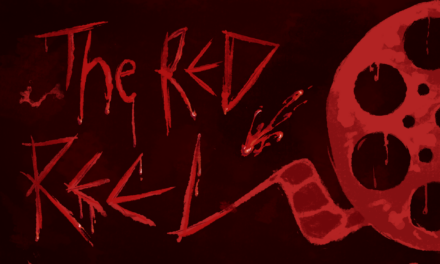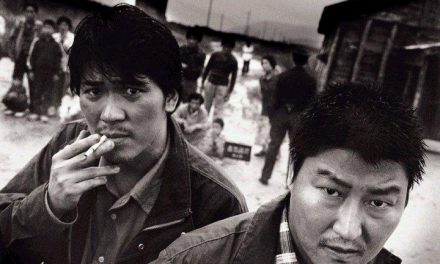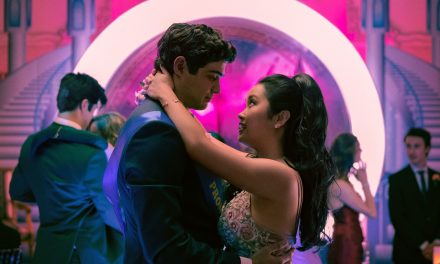“My Mount Rushmore is me with four different expressions.”
Although this line from Drake’s 2018 song “Survival” is meant to flex on the rest of the rap game, it also serves as a metaphor for his dynamic career. From his early introduction to the spotlight as a child actor to his transition between rapper and R&B singer, Drake has never stayed in one lane. Whether it’s the vulnerable melodies of “Take Care” or the braggadocious slaps on “If You’re Reading This It’s Too Late,” Drake’s versatility is his greatest strength. Unfortunately, his attempt to compact all of the voices and styles that justified his status into one magnum opus has resulted in the sonic mess of an album that is “Certified Lover Boy.”
Originally set to drop in January this year, “Certified Lover Boy” arrives at an uncertain time in Drake’s career. Despite its overwhelming hype, many fans (including myself) didn’t know which side of Drake to expect. Would we get a sentimental Aubrey based on the album title? Would we get the overconfident 6 God, despite the permanent stain left from his 2018 feud with Pusha T? Or would we get the popstar Drizzy trying to outsell his fellow industry titan Kanye? Through 21 tracks, “Certified Lover Boy” reminds the listener of these past faces, but fails to fully resurrect them, reducing each to a shallow character played by Drake.
Ironically or perhaps fittingly, “Certified Lover Boy” deals with loss, discovery and acceptance of identity (even the album’s title is an inside joke acknowledging Drake’s simp tendencies). The opening track “Champagne Poetry” serves as a brief summary of the album, immediately giving the listener a look into Drake’s mental state. Drake claims, “Under me, I see all the people that claim they over me/ And above me, I see nobody.” At the same time, he admits his “Career’s going great, but now the rest of me is fading slowly.” This dichotomy of confidence and insecurity is present throughout the album and reveals Drake’s confusion. Even when taking jabs at the rest of the rap game, this confusion calls the 6 God’s legitimacy into question. In the upbeat “Papi’s Home,” Drake acts as a father to his competition. In stark contrast, he turns his playfulness into contempt over the aggressive production in “No Friends In the Industry.” In the chorus, he makes it clear that he is not in the rap game to make friends, asserting that he has “No friends in the industry/ I had to draw the line between my brothers and my enemies, a fact.”
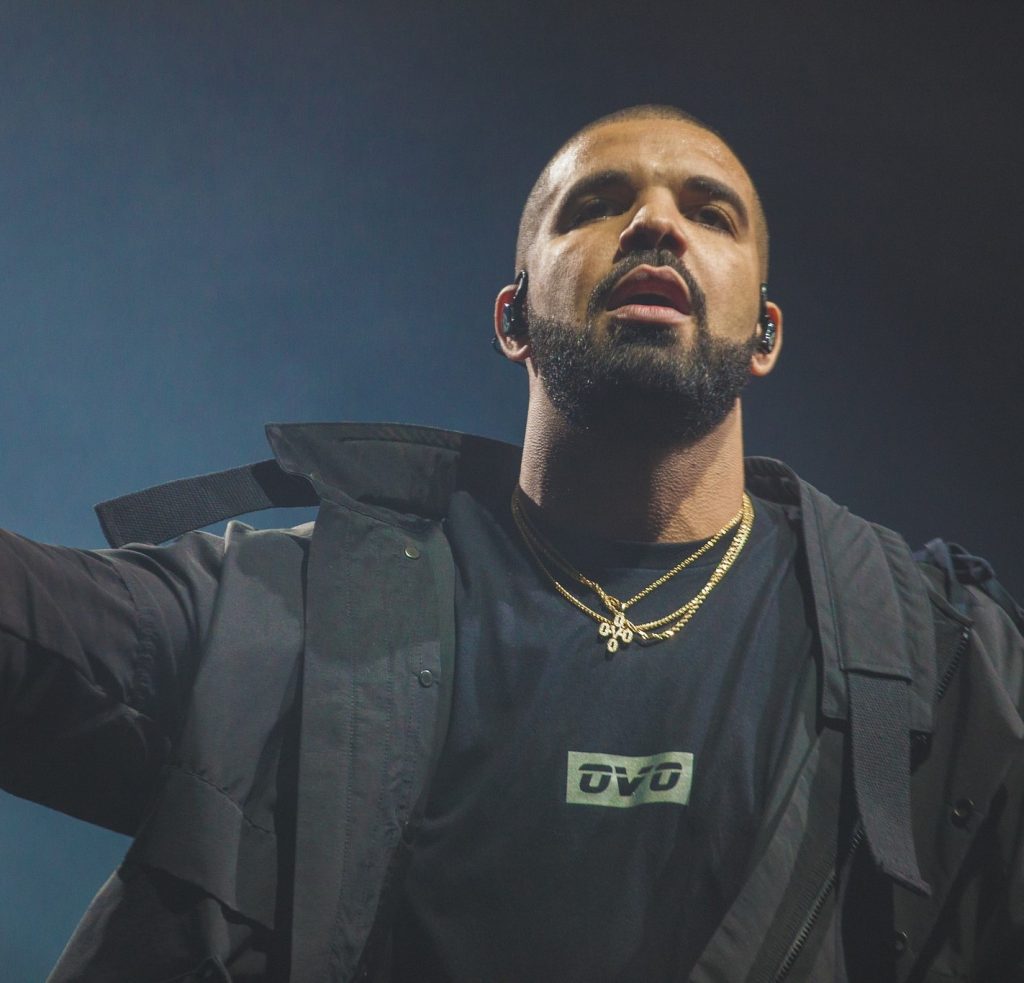
Drake on tour in 2016. (Wikimedia Commons)
Along with questioning his identity, Drake also contemplates the loyalty of those around him. In “Fair Trade,” Drake explains, “I’ve been losin’ friends and findin’ peace/ But honestly that sound like a fair trade to me.” In “Love All,” he realizes that “Loyalty is priceless and it’s all I need/ Can’t burn a bridge just to light my way.” Fortunately, there are people in Drake’s life that have stayed loyal; on the album’s outro “The Remorse,” Drake reflects on the support he’s received throughout his career and his regret for not being able to pay his friends and family back. However, we also see how his personal relationships have been negatively affected in both the lyrics and production of “N 2 Deep,” where he tells a girl, “Me and you been on a first name basis/ Why you think I hate it when you talk that Drake shit?” Aided by the beat switch halfway through the song, Drake draws the line between his personas as the confident superstar and as just Aubrey, a vulnerable man seeking love.
“Certified Lover Boy” wouldn’t be a Drake album without some corny love stories and desperate moves. We get the familiar crooning melodies of “Pipe Down” and “Race My Mind,” but with an added layer of maturity beyond the simple love letters in “Take Care.” Drake reminisces over a past relationship and wrestles with the contradiction of wanting his ex to fail while simultaneously being unable to let go of his feelings, respectively. On “Get Along Better,” he gives his best vocal performance on the album while explaining to a past love that he is now in a relationship with her friend, but not out of revenge. Although the lyrics are cliché, Drake’s delivery more than makes up for the simplistic storyline.
Unfortunately, Drake’s performance on “Get Along Better” is a rare instance of energy in a densely packed album. The now infamous line from “Girls Want Girls,” “Say that you a lesbian, girl, me too” is demonstrative of the larger problem with the album as a whole: Drake’s intent and ideas come through, but are poorly executed with a lack of energy. He is consistently outperformed by his features — whether it be Lil Baby, Jay-Z, Lil Durk or Kid Cudi — to such a degree that they take over Drake’s own songs. Ironically, it is Drake’s features who demonstrate the most confidence on this album.
Much like its controversial cover, “Certified Lover Boy” is a messy collection of all the different versions of Drake we have seen throughout his career. At its full potential, the album seeks to encapsulate Drake at his best: the sentimental R&B serenader, the untouchable king of rap and the global popstar. In reality, Drake’s identity has never been more unclear, and as a result, his strengths are never fully explored in the album. His disorganized mental state and confusion about his identity are accurately reflected in the music; however, because of high expectations (the highest of his career) and uncertainty in its own sound, “Certified Lover Boy” fails to give listeners the full Drake experience.
Kevin Kim (21Ox, 23C) is from Boston, Massachusetts, majoring in philosophy, politics, law and minoring in computer science. Outside of the Wheel, he is involved with Journey Church of Atlanta and writes for Emory In Via. In his free time, he loves listening to hip-hop music, watching sitcoms and playing basketball.

